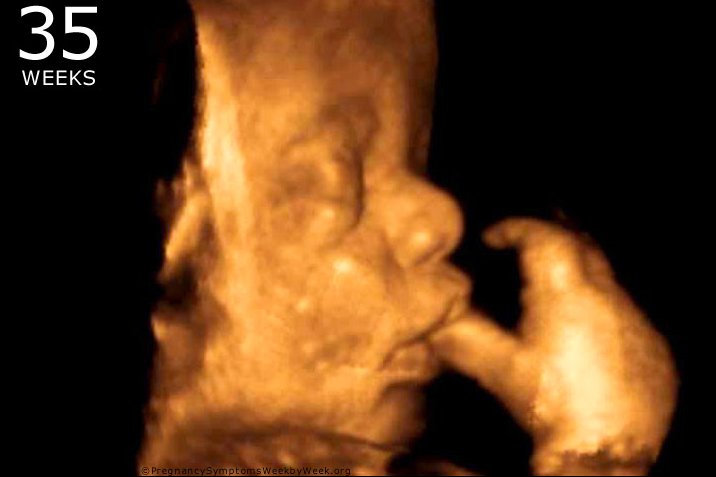More than half the country would protect unborn babies by banning all or most abortions if Roe v. Wade is overturned, a new analysis of state tendencies on abortion predicts.
The estimate comes from the Guttmacher Institute, a pro-abortion research group that studies abortion. According to its analysis, 26 states “are certain or likely to ban abortions” if the U.S. Supreme Court gets rid of Roe.
The high court currently is considering doing just that. Last week, the justices heard a major abortion case, Dobbs v. Jackson Women’s Health, that directly challenges Roe. Lawyers for the state of Mississippi urged the court to overturn its 1973 abortion ruling and allow states to protect unborn babies from abortion again. A ruling is not likely until the spring or summer of 2022.
In the meantime, experts are making predictions about what the Supreme Court might do and how states would respond if Roe is overturned.
Follow LifeNews on the MeWe social media network for the latest pro-life news free from Facebook’s censorship!
While no one knows what the court will do, the Guttmacher Institute pointed out that “by even accepting the case, the court has signaled that it is willing to revisit the legality of abortion.”
Many states already have taken action to protect unborn babies from abortion in anticipation of the day when Roe will be overturned. The Guttmacher analysis identified 21 states that have laws or constitutional amendments that would ban abortions once the power to do so returns to the states.
These are: Alabama, Arizona, Arkansas, Georgia, Idaho, Iowa, Kentucky, Louisiana, Michigan, Mississippi, Missouri, North Dakota, Ohio, Oklahoma, South Carolina, South Dakota, Tennessee, Texas, Utah, West Virginia and Wisconsin.
Some of these states still have pre-Roe laws that prohibit abortions, and others have trigger laws that immediately will outlaw the killing of unborn babies in abortions once Roe is overturned. Several also have multiple pro-life laws in place including heartbeat laws and other legislation that would limit or ban abortions if the courts allow them to do so.
Additionally, Guttmacher predicts that five more states would move quickly to protect unborn babies from abortion if Roe is overturned. Florida, Indiana, Montana, Nebraska and Wyoming have passed a number of pro-life laws in recent years, and they likely would take action “as soon as possible” to protect unborn babies by passing abortion bans, according to the analysis.
Altogether, these actions would result in hundreds of thousands of unborn babies being spared from abortion every year. Recently, a group of 154 economists and researchers estimated that abortion numbers would drop by about 120,000 in the first year and potentially even more in subsequent years if the high court overturns Roe and allows states to ban abortions again.
Other analyses have predicted anywhere from eight to 31 states would end abortions if the Supreme Court overturns Roe v. Wade. In 2018, the pro-abortion group NARAL predicted 13 states would immediately ban abortions. A previous estimate by the Center for Reproductive Rights put the number at 31 states. Another analysis by attorney Paul Linton in the journal “Issues in Law and Medicine” in 2012 estimated between eight and 11 states would ban abortions.
Polls consistently show that a majority of Americans want abortions to be banned or strictly limited – something Roe v. Wade does not allow.
Currently, states are forced to legalize abortions for any reason up to viability under Roe and Planned Parenthood v. Casey. Because of these cases, the U.S. is one of only seven countries in the world that allows elective abortions up to birth. Since 1973, about 63 million unborn babies and hundreds, perhaps thousands, of mothers have died in supposedly “safe,” legal abortions.
At issue in the Mississippi case is the question of “whether all pre-viability prohibitions on elective abortion are unconstitutional.” The Supreme Court likely will issue a ruling in the summer of 2022.








